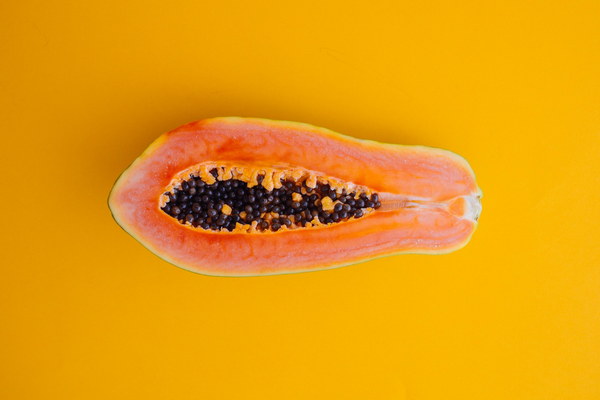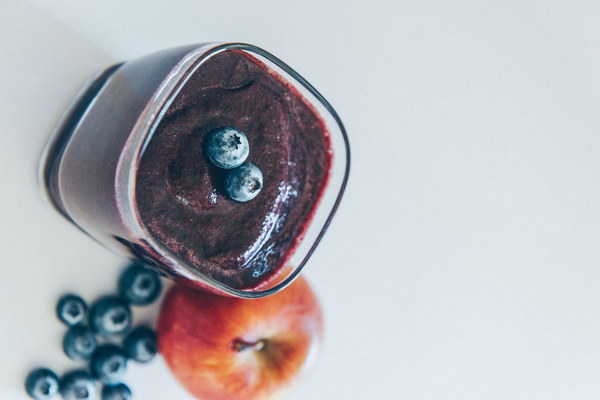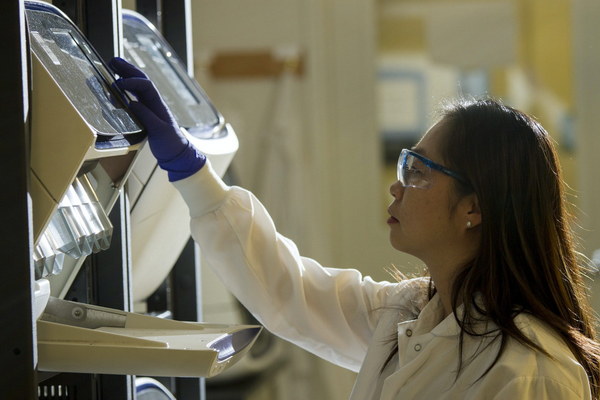Nourishing Qi and Blood, and Balancing Yin Deficiency A Holistic Approach through Dietary Supplements
In the realm of traditional Chinese medicine, the concept of Qi (vital energy) and Yin (subtle, cooling energy) play a crucial role in maintaining the body's balance and overall health. When there is an imbalance in these vital elements, it can lead to various health issues, including weakness, fatigue, and a general feeling of malaise. One common condition that arises from such an imbalance is Qi and Blood Deficiency along with Yin Deficiency. This article delves into the concept of nourishing Qi and Blood, balancing Yin Deficiency, and the role of dietary supplements in achieving this holistic balance.
Understanding Qi and Blood Deficiency
Qi and Blood are fundamental to the functioning of the body. Qi is responsible for the movement and function of all organs and tissues, while Blood provides nourishment and oxygen to them. When there is a deficiency in either Qi or Blood, the body's ability to function optimally is compromised. Symptoms of Qi and Blood Deficiency include fatigue, weakness, paleness, dizziness, and poor concentration.
Balancing Yin Deficiency
Yin Deficiency occurs when there is an imbalance in the body's cooling, moistening, and nourishing properties. This condition can manifest as night sweats, hot flashes, irritability, and a red, dry tongue with a thin coating. Yin Deficiency can be caused by various factors, including stress, overwork, and poor diet.
The Role of Dietary Supplements
Dietary supplements can play a significant role in nourishing Qi and Blood, and balancing Yin Deficiency. These supplements are typically derived from natural sources, such as herbs, minerals, and vitamins. Here are some of the key dietary supplements that can help achieve this holistic balance:
1. Astragalus (Astragalus membranaceus): Known as a Qi tonic, Astragalus is a popular herb used to boost the body's immune system and increase energy levels.
2. Codonopsis (Codonopsis pilosula): Codonopsis is another herb used to enhance Qi and improve overall vitality. It is often combined with other herbs to treat Qi and Blood Deficiency.
3. Dong Quai (Angelica sinensis): Dong Quai is a traditional Chinese herb used to nourish Blood and balance Yin. It is often used to alleviate menstrual cramps and improve fertility.
4. Goji Berries (Lycium barbarum): Goji Berries are a natural source of antioxidants, vitamins, and minerals that help nourish Qi and Blood, and balance Yin Deficiency.
5. Schisandra (Schisandra chinensis): Schisandra is an adaptogenic herb that helps the body cope with stress and improve overall well-being. It also supports the liver and kidney functions, which are essential for maintaining a healthy balance of Qi and Blood.
6. Siberian Ginseng (Eleuthero senticosus): Siberian Ginseng is another adaptogenic herb that can help boost energy levels and improve mental clarity. It is often used to treat fatigue and stress-related disorders.

7. Licorice Root (Glycyrrhiza uralensis): Licorice Root is a demulcent and is used to balance the other herbs in a formula. It is believed to help alleviate inflammation and improve the body's ability to absorb other nutrients.
Incorporating Dietary Supplements into Your Diet
When incorporating dietary supplements into your diet, it is essential to consult with a healthcare professional, especially if you have existing health conditions or are taking other medications. The following guidelines can help you effectively incorporate these supplements into your daily routine:
1. Start with a low dose and gradually increase as needed, based on your body's response.
2. Take supplements with meals to ensure proper absorption.
3. Stay hydrated and maintain a balanced diet rich in fruits, vegetables, and whole grains.
4. Practice stress-reducing techniques, such as meditation, yoga, and deep breathing exercises, to support overall well-being.
By nourishing Qi and Blood, and balancing Yin Deficiency with the help of dietary supplements, you can achieve a state of holistic balance and improve your overall health and well-being. Remember to consult with a healthcare professional to determine the best supplement regimen for your specific needs.









